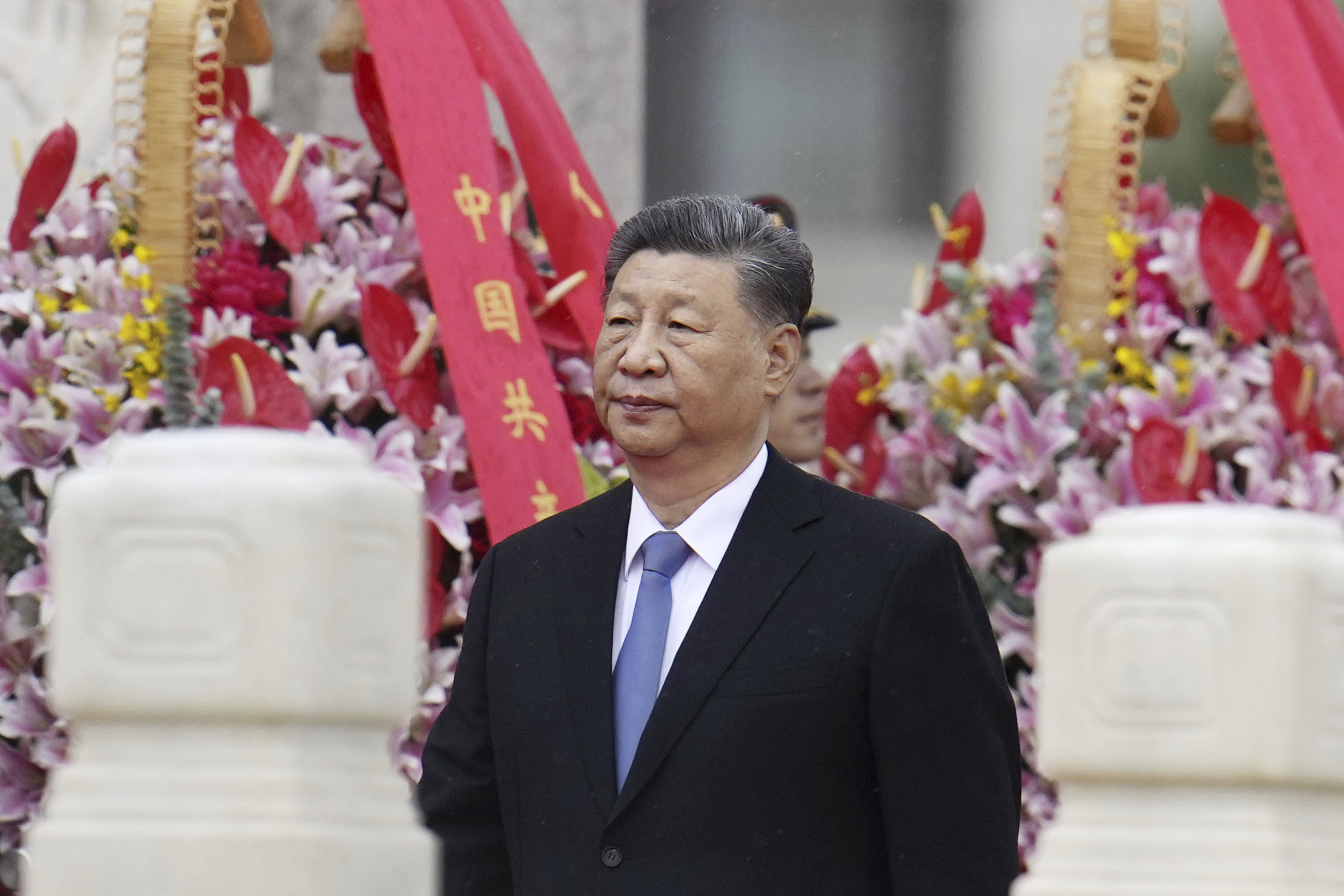Chinese President Xi Jinping recently made a notable visit to Fujian province, situated just across the Taiwan Strait, in the aftermath of extensive military drills that demonstrated China’s military prowess across its naval, air, missile, and ground forces.
The exercises, which simulated a blockade of Taiwan—an island Beijing claims as its own—reflect its ongoing threats of force to reclaim what it sees as a breakaway territory.
Although Xi did not directly address these military actions during his Fujian trip, state media, including Xinhua News Agency, reported that his visit came soon after a record deployment of 125 Chinese aircraft and several naval vessels, including the aircraft carrier Liaoning.
These maneuvers encircled Taiwan and its surrounding islands, escalating regional tensions and signaling to the world China’s unyielding intentions.
This military show of force followed Taiwan’s recent National Day festivities, where the newly elected President Lai Ching-te made a resolute speech proclaiming Taiwan’s right to self-representation and his commitment to resist any form of annexation from China, provoking severe backlash from Beijing.
Even though Xi has been relatively low-profile in his public appearances and international engagements over the past year, the issue of Taiwan remains a pivotal part of his agenda as the leader of both the Communist Party and the People’s Liberation Army (PLA).

His administration has consistently asserted its goal of bringing Taiwan under Chinese sovereignty, a key priority for Xi.
The conflict surrounding Taiwan has roots dating back to 1949, post-Civil War, when Chiang Kai-shek’s Nationalist troops fled to the island and set up a separate government. Since then, Beijing has viewed Taiwan as a province that must be unified with the mainland.
The recent military drills serve as a stark reminder of China’s readiness to intensify tensions, frequently conducting aggressive military exercises around Taiwan as a show of strength and determination.

Such displays have become more frequent and vast in recent years amid dwindling relations between China and Taiwan.
Meanwhile, Lai’s administration is under increasing pressure from Beijing and regional allies as Taiwan strives for independence while managing a challenging geopolitical reality.
As China’s military presence grows in the region, along with its international influence, neighboring nations and global observers remain wary of the possible implications for conflict.
This article includes reporting from The Associated Press
